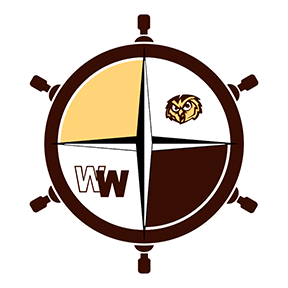3rd Grade Curriculum Concepts
Communication Arts
Reading
Reading Process
Read grade-level instructional text with fluency, accuracy, and expression
Develop grade-level vocabulary by using base words, context clues, glossaries and dictionaries
Apply comprehension strategies before, during and after reading
Compare and contrast fiction and non-fiction text ideas
Make connections between text, self, and world
Reading Fiction, Poetry, and drama
Recognize the text features of fiction, poetry, and drama in grade level text
Explain examples of sensory details and figurative language within the context of poetry and prose
Make inferences and predictions using details from the text
Identify narrator, cause and effect and author’s purpose from events in the beginning, middle and end
Reading Non-fiction
Interpret key information in features such as graphs, charts, diagrams and captions to answer questions
Use details from text to answer questions, retell main idea and details, draw conclusions, compare and contrast and identify author’s purpose for writing text
Read and follow two and three step direction t complete a simple task
Writing
Writing Process
Follow a writing process using a graphic organizer in pre-writing, to generate a draft, edit and proofread and independently publish writing
Demonstrate grade level appropriate knowledge of the district writing program
Writing Conventions
Use grade level appropriate capitalization and punctuation
Use verbs and adverbs correctly
Use spelling of priority words, simple compounds, homophones, contractions and words with affixes
Write complete declarative, interrogative, imperative, and exclamatory sentences
Forms of Writing
Write narrative text that contains beginning, middle and end with relevant details that develop the main idea
Write a narrative text that uses precise and descriptive language
Identify important information in written text to complete an organizer
Write expository text with a main idea (topic sentence), three or more supporting details and a concluding sentence
Write informational reports, diary/journal entries, and friendly letters that address an intended audience and purpose.
